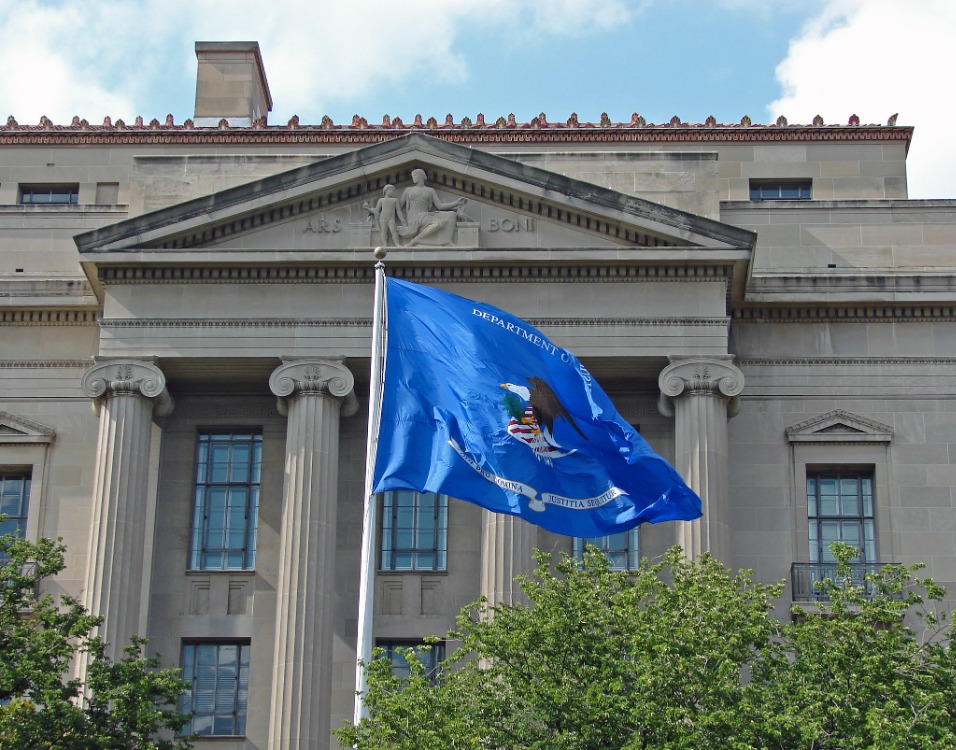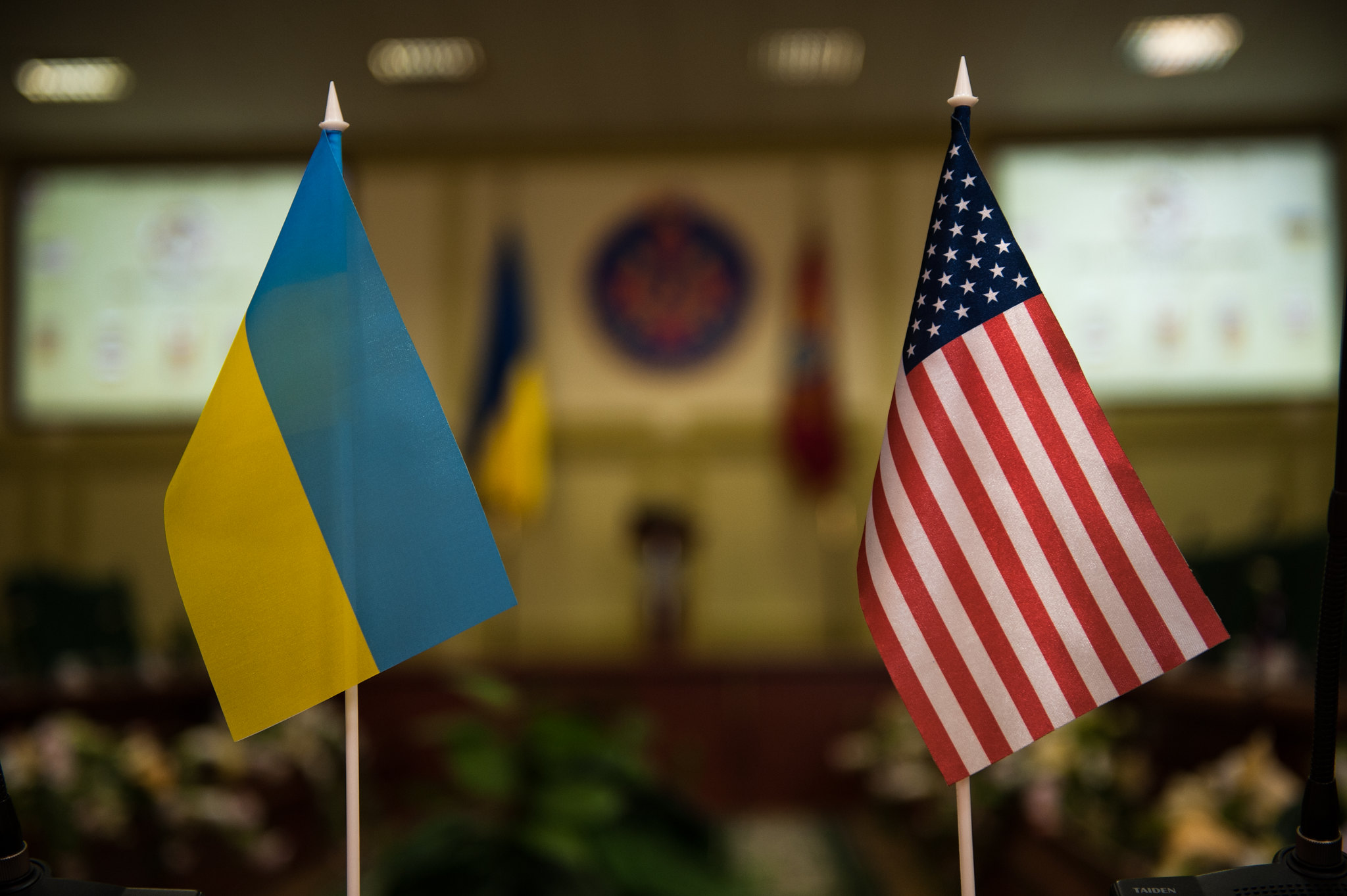Today’s Headlines and Commentary
Lawfare’s daily roundup of national security news and opinion.
President Trump yesterday attacked the World Health Organization and threatened to withhold funding from the health institution even as the novel coronavirus spreads around the globe, reports the New York Times. Trump accused the W.H.O. of having not been aggressive enough in confronting the virus, and said to reporters “We’re going to put a hold on money spent to the W.H.O.,” though he later denied having made this comment.
The President on Monday denied ever seeing a handful of memos, allegedly circulated by his trade advisor Peter Navarro in January and February, that warned the coronavirus would endanger the lives of millions of Americans and could cost trillions of dollars, writes Politico.
Acting Navy Secretary Thomas Modly resigned Tuesday after he drew criticism for insulting the commanding officer of an aircraft carrier who was fired for writing a letter of concern about a coronavirus outbreak aboard his vessel, according to the Washington Post. In remarks on Monday to the 5,000-member crew of the USS Theodore Roosevelt, the ship that has fallen victim to an outbreak, Modly attacked the commander’s character and accused him of being “too naive or too stupid to be the commanding officer of a ship like this.”
President Trump on Tuesday removed the head of a new watchdog panel charged with overseeing how his administration spends trillions of dollars in coronavirus relief funds, reports the Times. Glenn Fine—the acting Defense Department inspector general—was set to become the chairman of the new Pandemic Response Accountability Committee, but was reportedly ousted as part of a broader attack on those semi-independent inspectors general across the government who Trump considers disloyal.
U.S. Army researchers have begun testing potential vaccines for COVID-19 on animals, writes the Hill.
California’s court system announced a series of emergency measures on Monday to address vulnerabilities related to the COVID-19 pandemic, according to NPR. The 11 temporary emergency measures include eliminating bail for defendants charged with misdemeanors and most nonviolent felonies, conducting pretrial hearings remotely and placing limits on evictions and foreclosures.
The Trump administration has begun releasing detained immigrants who are particularly susceptible to the dangers of COVID-19, including those over 60 or pregnant, reports Buzzfeed News. At least 19 immigrant detainees have tested positive for COVID-19 in facilities across the country.
China today ended its lockdown of Wuhan—a city of 11 million people where the coronavirus first emerged—after more than 10 weeks, writes the New York Times.Though authorities are allowing people to leave Wuhan, schools remain closed and some neighbourhoods have recently tightened restrictions on residents’ movements.
The U.S. plans to block Iran’s request for $5 billion in emergency loans from the International Monetary Fund that Tehran says it needs to fight the coronavirus pandemic, according to the Wall Street Journal. Senior officials in the Trump administration claim that Iran already has access to billion-dollar accounts, and that IMF financing would undercut the effects of U.S. sanctions.
The number of reported COVID-19 cases in Russia rose by more than 1,000 for the second day in a row, bringing the total to 8,672, reports Reuters.
An Israeli man has been charged with spying for Iran and preparing terrorist attacks, writes the BBC.
ICYMI: Yesterday on Lawfare
Benjamin Wittes asked why Trump’s Inspector General purge is not a national scandal.
Jen Patja Howell shared an episode of the Lawfare Podcast on how the United Nations is responding to the coronavirus crisis with U.N. Resident Correspondent Pamela Falk and U.N. Director for the International Crisis Group Richard Gowan.
Sean Quirk analyzed how coronavirus has increased the risk of conflict around the South China Sea.
George Perkovich reviewed Fred Kaplan’s recently released book “The Bomb: Presidents, Generals, and the Secret History of Nuclear War.”
Alan Rozenshtein argued that aggressive disease surveillance—with the right safeguards—is likely permissible under the Fourth Amendment.
Stewart Baker shared an episode of the Cyberlaw Podcast, discussing Twitter’s decision to delete Rudy Giuliani’s tweet praising hydroxychloroquine as a treatment for COVID-19.
Emilia Columbo argued that the United States should seize the opportunity to help Africa develop its infrastructure and business sector in order to protect U.S. interests.
Email the Roundup Team noteworthy law and security-related articles to include, and follow us on Twitter and Facebook for additional commentary on these issues. Sign up to receive Lawfare in your inbox. Visit our Events Calendar to learn about upcoming national security events, and check out relevant job openings on our Job Board.




.jpg?sfvrsn=31790602_7)
